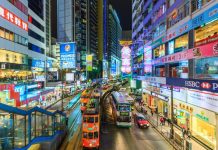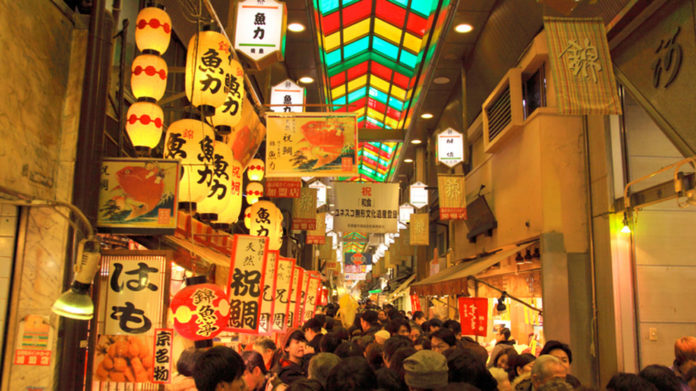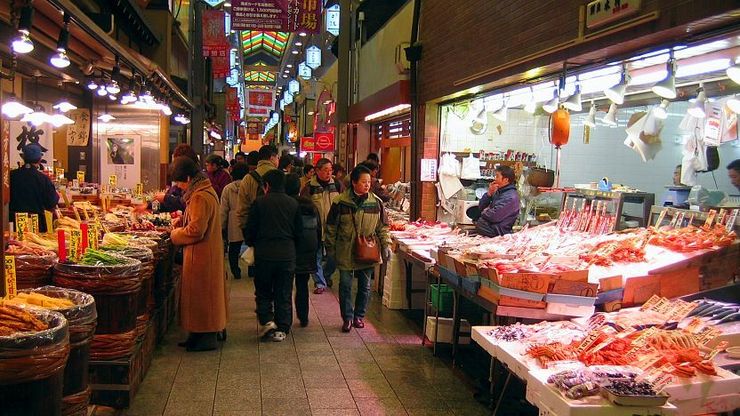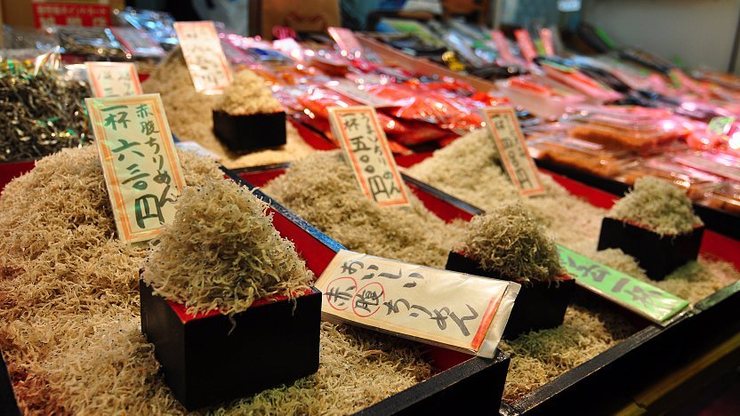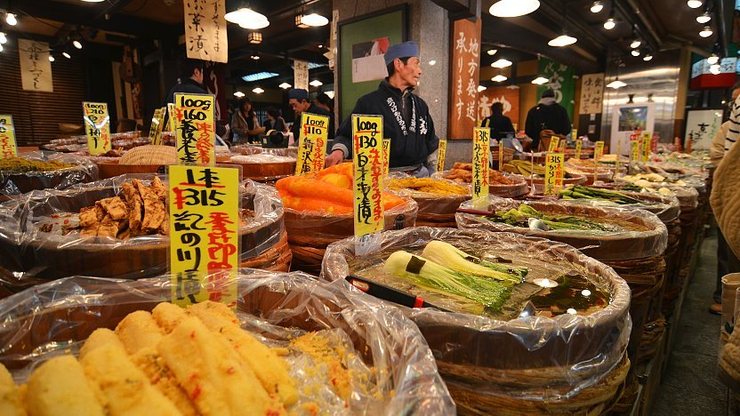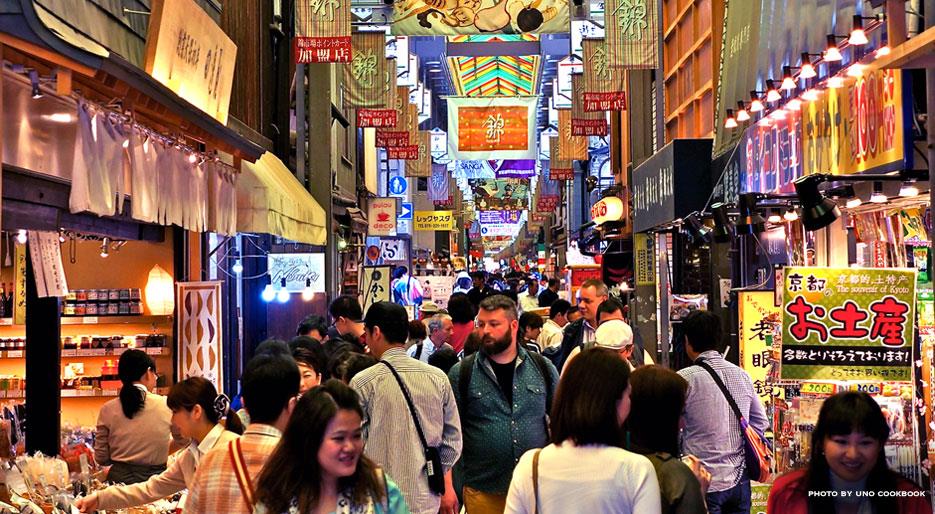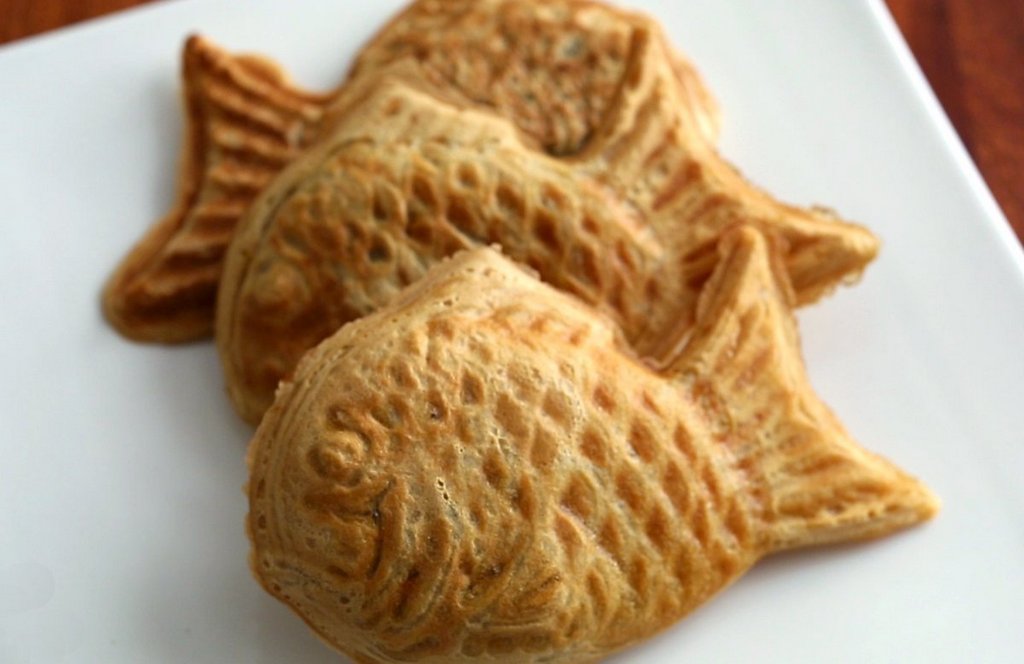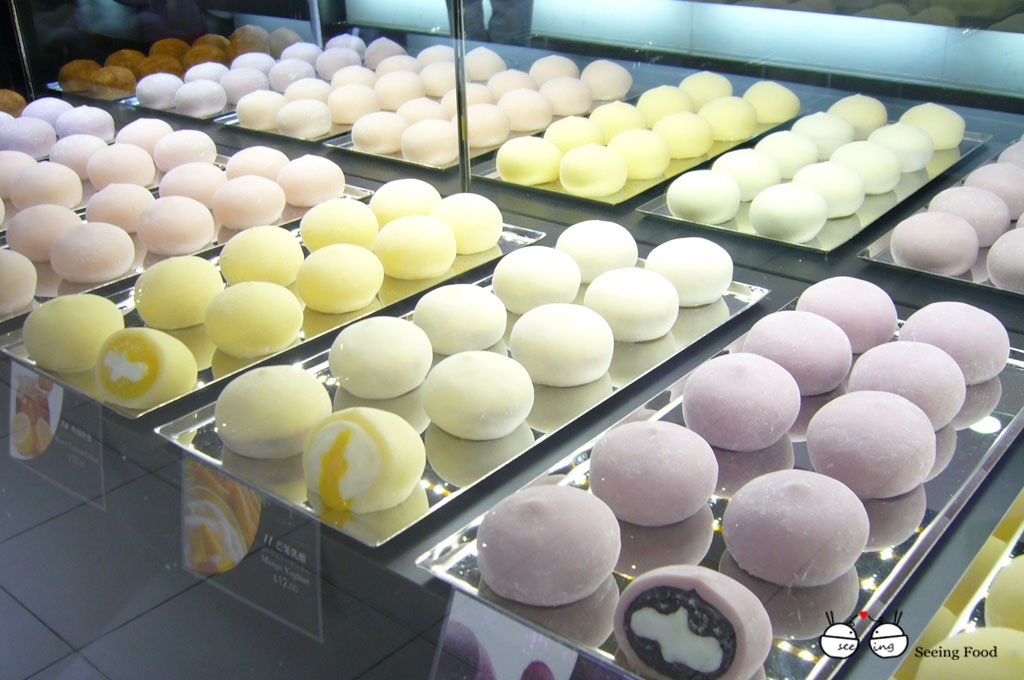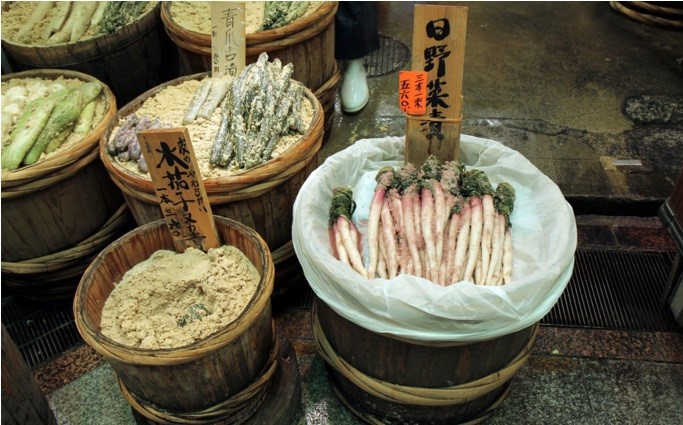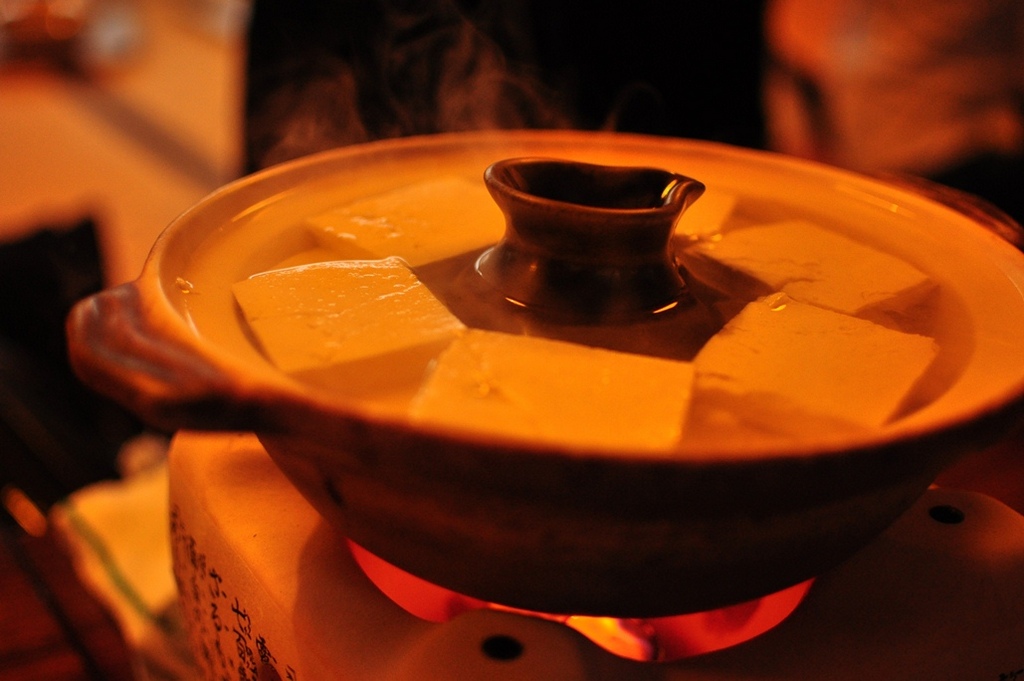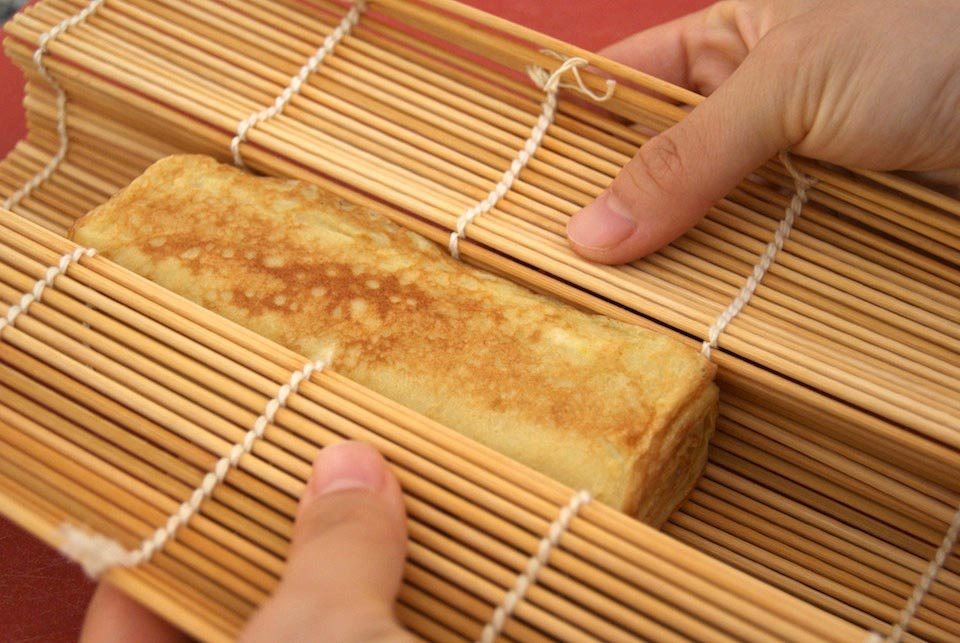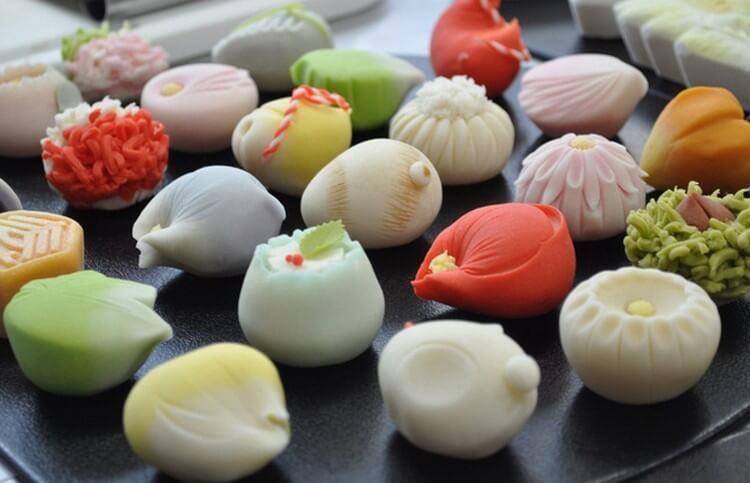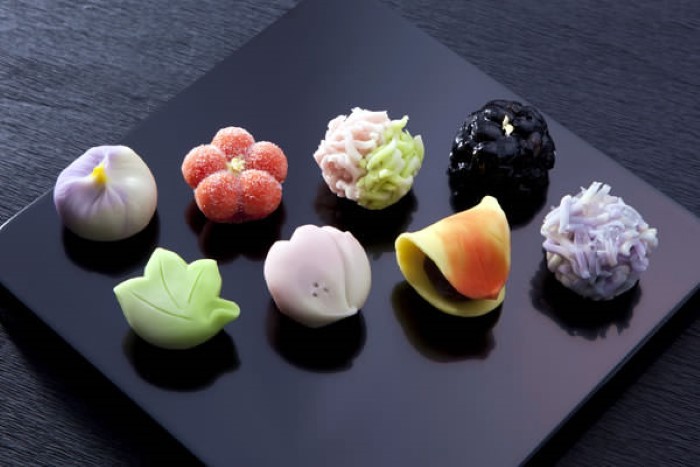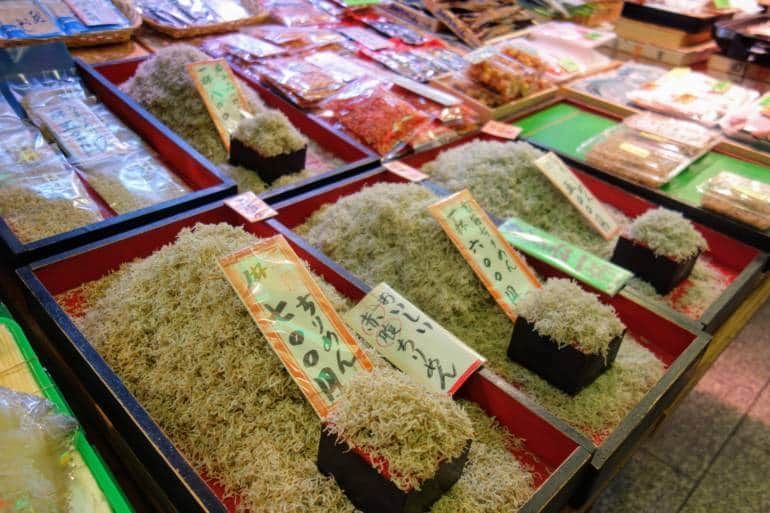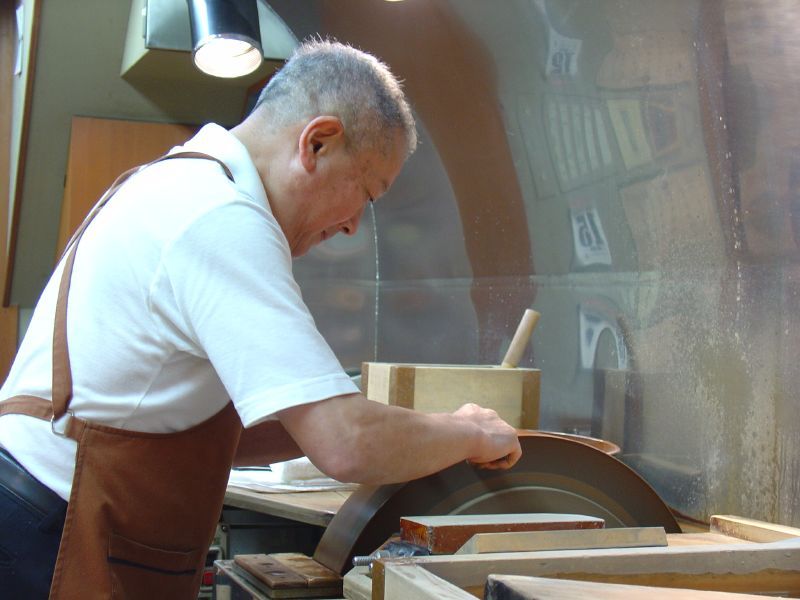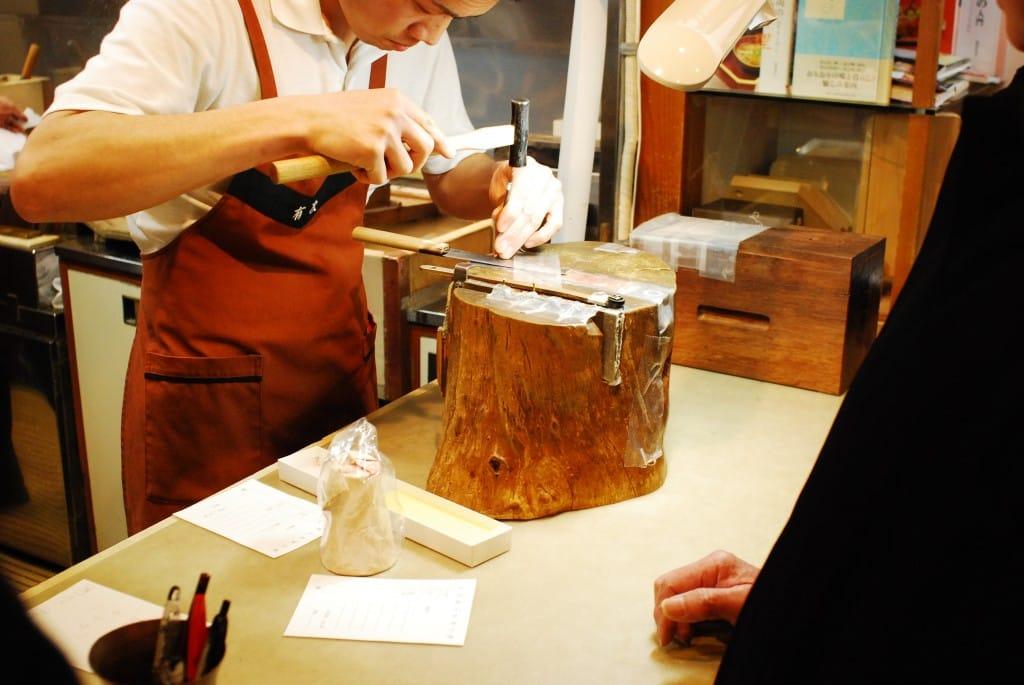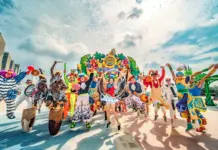Stores, sample products, meat, and cuisine: Nishiki Market Kyoto is a treasure that contains delicious food; rich products have a long time history. In the center of Kyoto, you can step out of the busy Shijo Street and come in a vibrant shopping street with full of locals and visitors. From the people you are buying pickles or some children who are chewing octopus head, there is something very attractive that urges you to explore it. And it has appeared here since 1615 (maybe even earlier).
- Tokyo street food blog — 17+ best street food in Tokyo & must eat food in Tokyo
- What to eat in Tokyo? — 8+ must try food, best food to eat in Tokyo
- What to eat in Chatuchak? — 11+ must eat in Chatuchak & best food in Chatuchak
- What to eat in Okinawa? — 31+ best food in Okinawa & must try food in Okinawa
- Miyagi food blog — 4 foods you definitely must-try & where to taste them in Miyagi
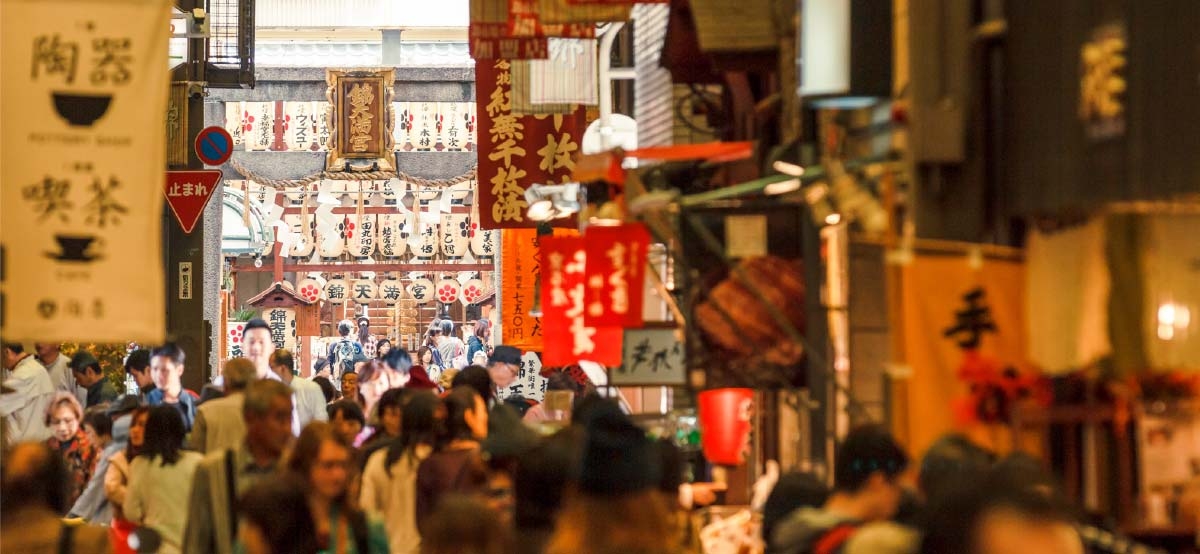
With more than 100 stalls and shops spread along the road, Nishiki market are a mixture of products, though most of them are grown and produced in local- usually the property of sellers themselves. The market gets more attention and the more family stores will have to compete with newer ones aimed at visitors, although most of them sell Kyoto cuisines as an attempt to match with this place. Like food, you can find dozens of things related to the kitchen – from tablecloths to knives or individual chopsticks – meaning that you can buy anything for your kitchen and fridge.
Nishiki Market: The basic information
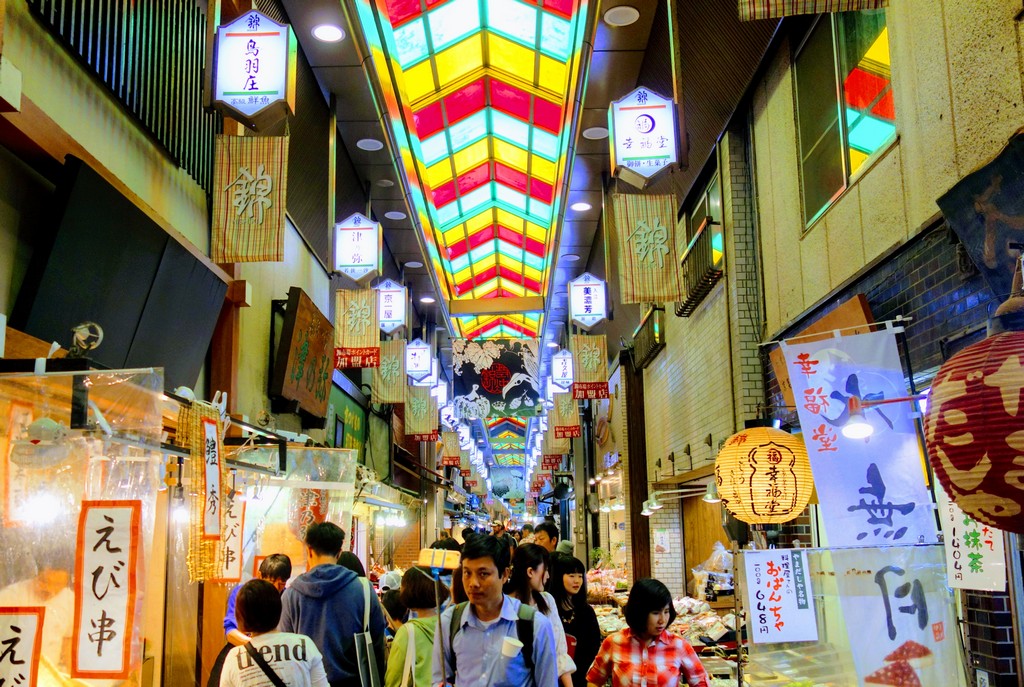
The 400meter street can waste your long time to discover it, in each step; you can see a new scene, feel a new smell – a huge choice of food and drink. The staff of store will call you to attract attention and the scent that sparks you on them is a very rewarding experience. Because you can visit the Nishiki Market on the road to the Yasaka Spirit, so try to spend as much time as possible. The market is operating as usual, opening at 10 am and closing at 6 pm, if possible, in the middle of the day – this place will be a perfect lunch or an early dinner.
In order to keep with its traditional shotengai (Japanese shopping street) style, this place is quite dark and bright colored roofs also bring some light to this place, but they also bring a feeling of the road is always in the evening. Although Japan despises eating on the road, there are exceptions – beef skews or fish in the resting areas – and at Nishiki market, you can eat comfortably.
Nishiki Market what to eat: Enjoy junk food on the road
One of the best ways to explore Nishiki is eating – and there are many opportunities to do this. There are a few dishes you know and others that are not food you often were seen. Depending on the risky things you are, this place has enough parties, so you can go around and eat the foods you want. Some stores have small dining areas that will allow you have a rest if the market is crowded. Here is some dish you should try.
Tako tamago
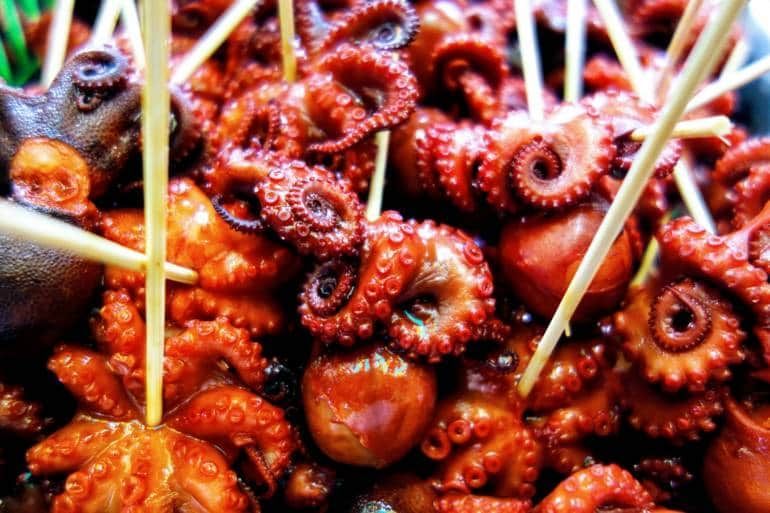
The baby octopus dish has a mixture a quail egg on its head. This skew dish is a kind of candy, a strange combination between salty and sweet.
Sesame Shrimp Dumpling
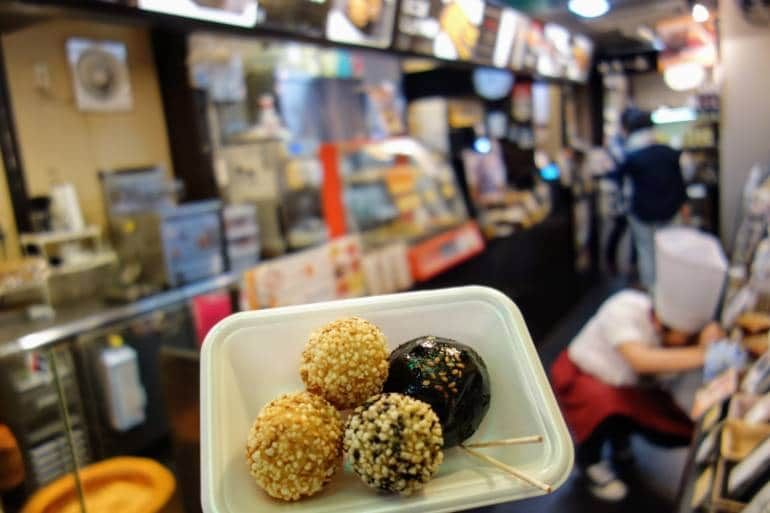
There are small balls, with many different tastes, salty, sweet and even cheese. This dish is quite crunchy and a great way to taste sesame in this place. Black sesame especially delicious, choose and try it, they are worth food to try!
Japanese fish cake
A traditional dish in Japan and Asia, fish baloney are seasoned or stuffed in flour and fried. You can try in different flavors, from cheese to mochi; try to the taste you like.
Fresh grapefruit juice
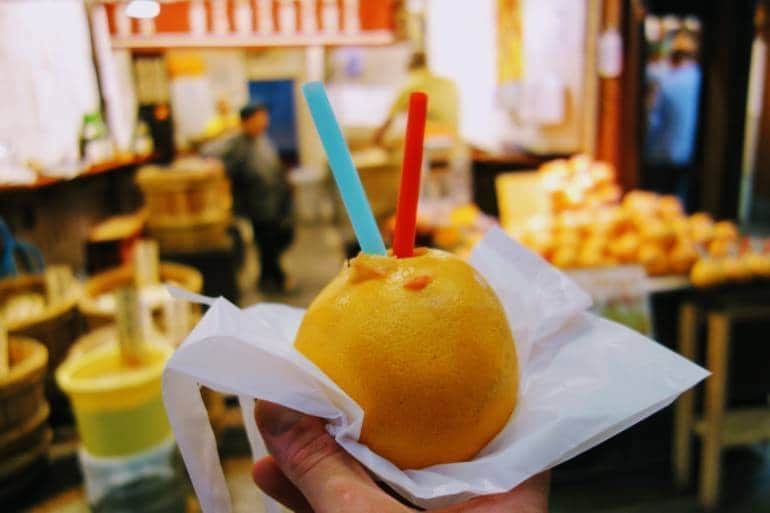
After enjoying all the above dishes and especially in the summer, a glass of water is needed, fresh fruit juice is much better than the water in the automatic machined. It is located near a small stall near Nishiki Shrine, you will see a mountain of grapefruit, and they will masticate, get water inside and have a straw to drink
Chinese dumplings
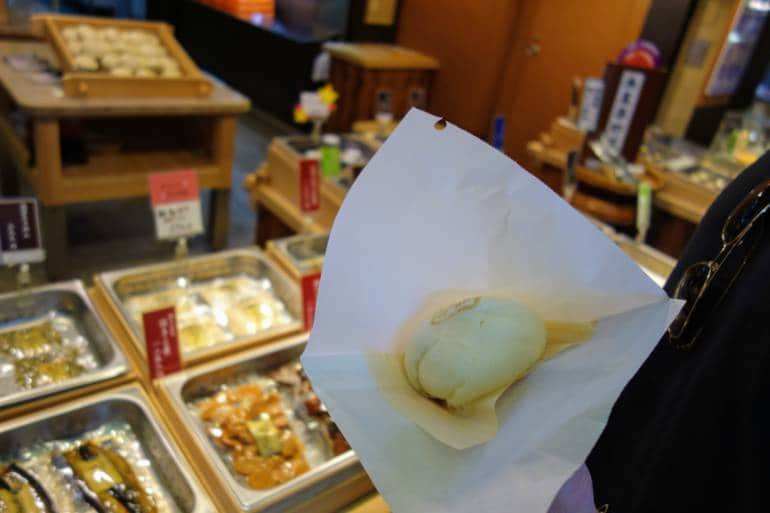
It’s not Japanese food, but it’s so good. You can try some hotcakes to fill the hungry feeling.
Mochi in many shapes
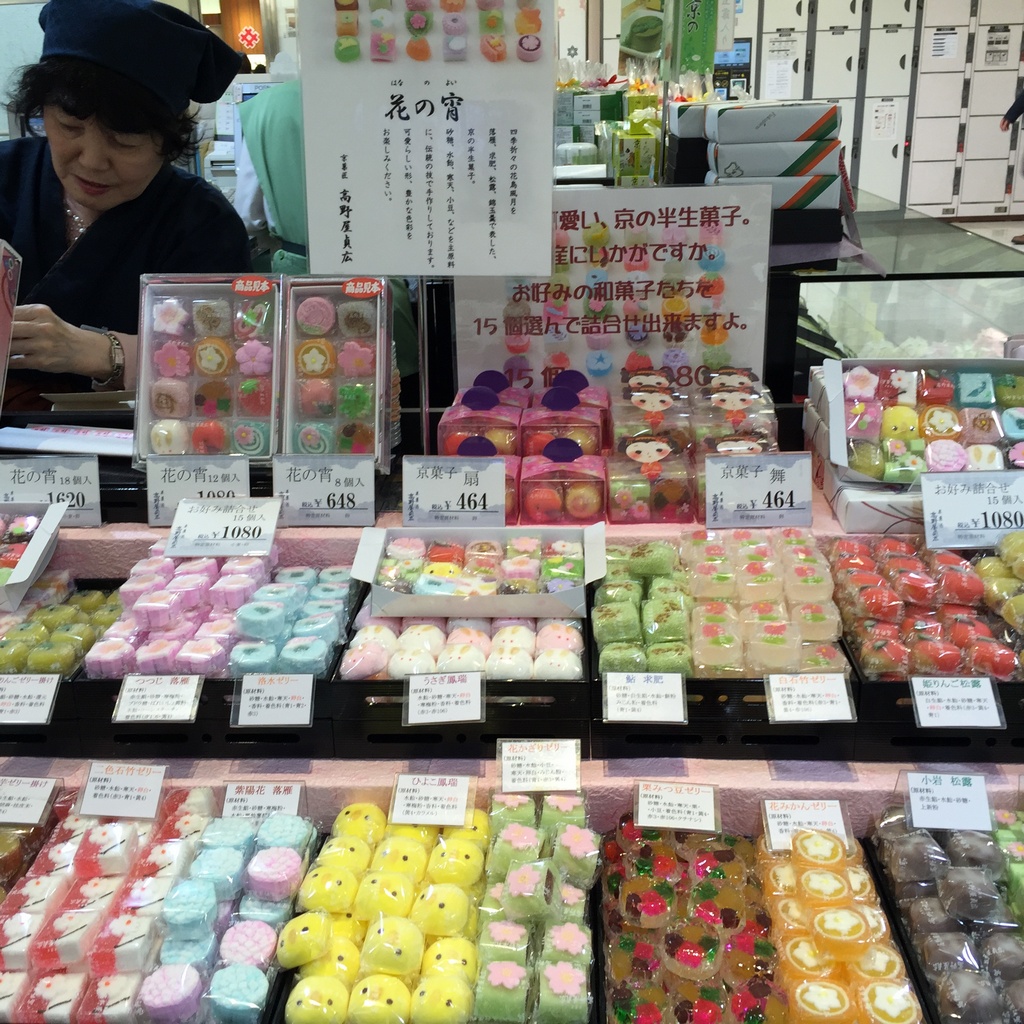
A sweet dish you can see everywhere from supermarkets to street stores, rice cakes named mochi in all shapes, definitely have to try it.
Like tofu, if you try a type you do not like, do not deny it. The sweet mochi, soft-coated kibako (a kind of sweetly grilled soybean meal) tastes like peanuts, a dango type (rounded bean) that is usually dipped in a sweet/salty soy sauce. If it has the pink color and wrapped in a leaf, you’re seeing a sakura mochi, and if it has white color and wrapped in a leaf, they have red beans and wrapped in oak leaves. Try and find the one you like.
Senbei
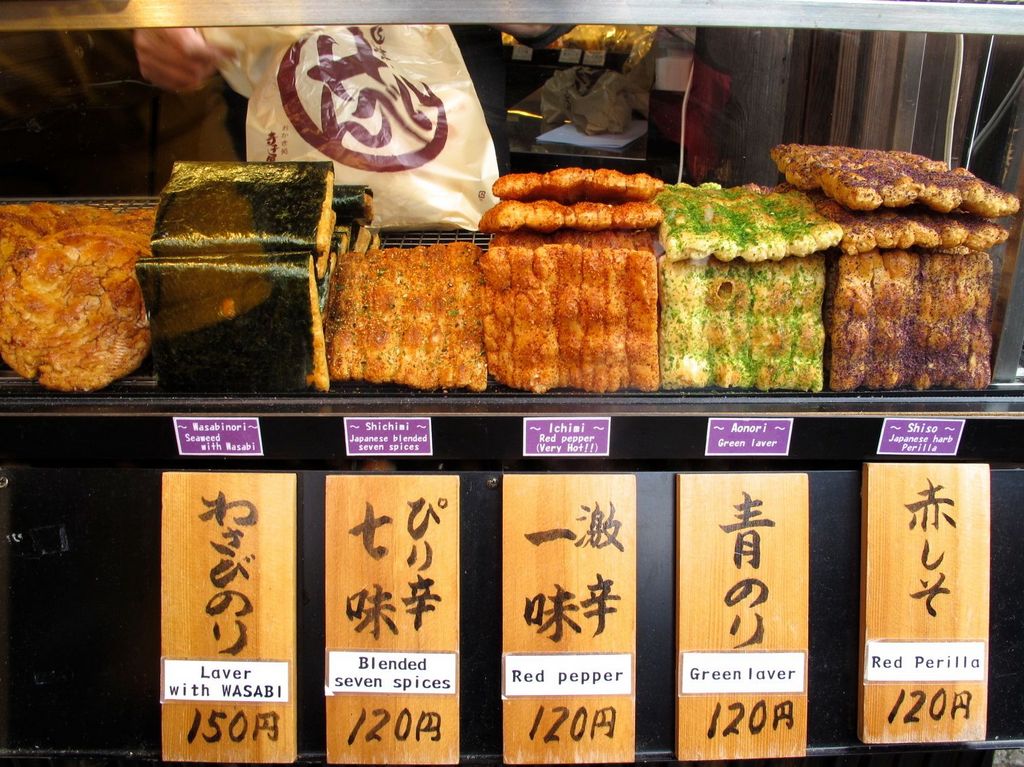
Rice cakes with different flavors, senbei has all kinds of surprise and always delicious. You can choose from soy sauce to sweet sugar, miso, and salt. They are made to eat on the road, so there is no one thing to beat the senbei on freshness.
Take away dishes from Nishiki Market
If you are living in Japan, or somewhere with a kitchen or have someone give a gift, bringing these great dishes with you. Actually, even if you just want to try them in a park somewhere, they are still worth trying. With a sea of food grown by locals, salt, and produce, you will not make the wrong choice, especially if you ask the shop owner to recommend it. You will see a lot of good-looking foods, but it will be a bit scary if you do not know what they are or how to eat them. Here is a small instruction what they are and what to do with them.
Tsukemono: Salty Vegetables
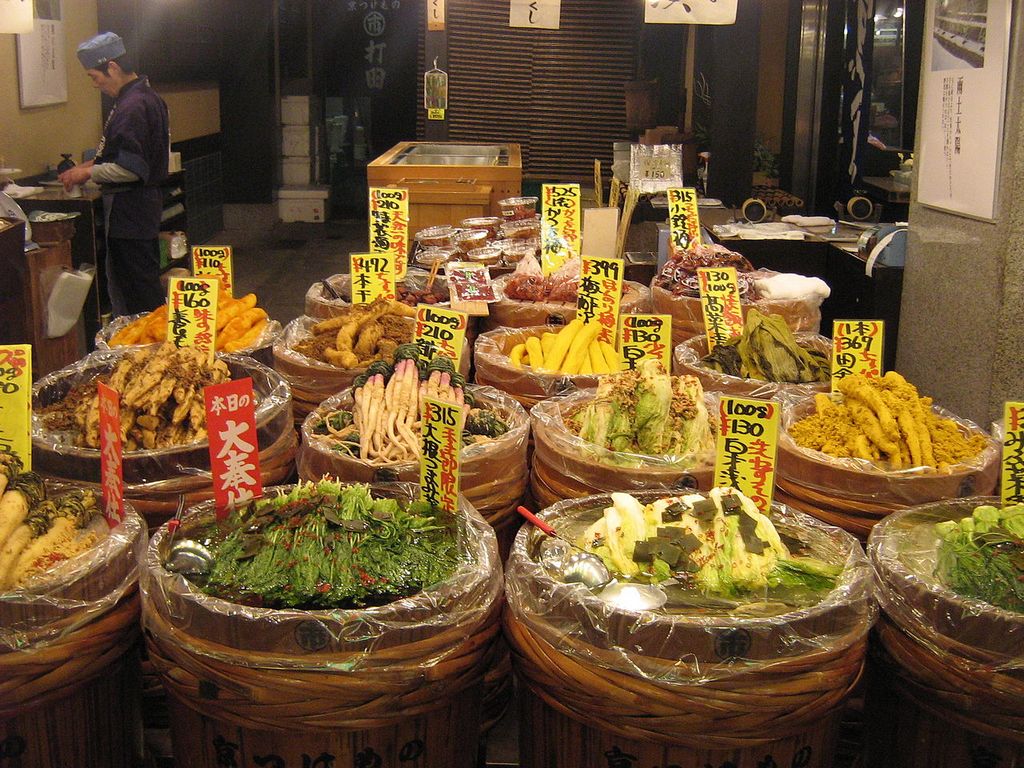
As an adding dish has gone through centuries in Japan, these salads are sold in jars and trays, still soaked in salt water and rice bran. The smell is strong and the colors are bright, so they are often used to decorate and enhance the taste of the dish.
There are two types of tsukemono: a short time type, one-night in salt, and a longer soaked in a mido, salt, soy sauce and rice bran. Some of the most popular types you should look at are radish (senmaizuke), radish leaf with perch (suguki) and eggplant and cucumber (shibazuke).
Fresh tofu
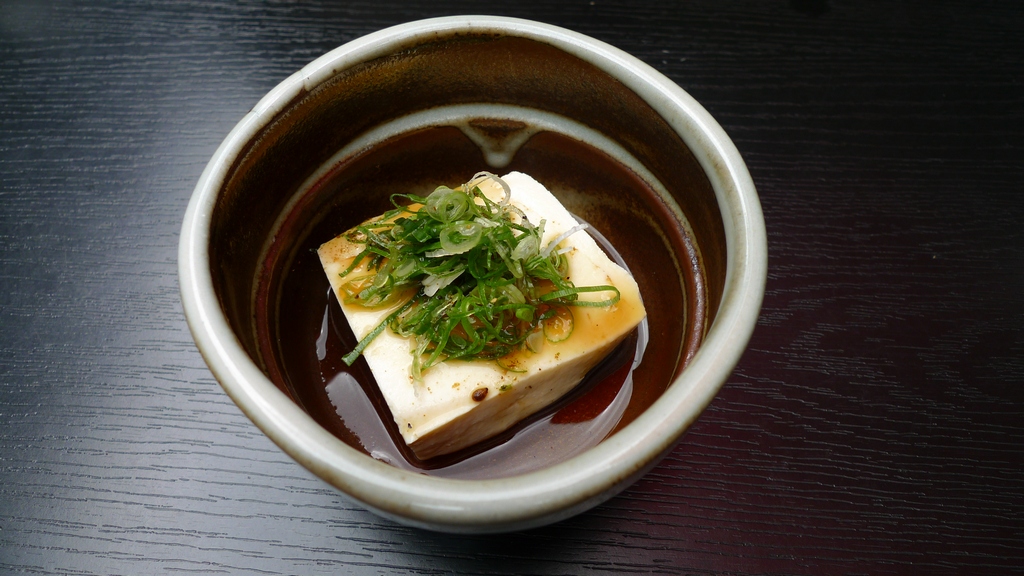
Kyoto is home to tofu, they often appear in kaiseki meals and they are the main ingredient in Shojin Ryori, the vegetarian dish of Buddhism. It is made from soybeans, tofu is a lot of shapes, and if you’ve ever skipped it before (usually soft tofu), do not give up. Try a thin fried layered age tofu or thicker is atsu-age tofu. There is also a more oboro-tofu or yaki-tofu, which is grilled tofu, which has its own appeal. At Nishiki Market, you can see fresh tofu trays that can be eaten right away or taken home for dinner, as an available dish.
Tamagoyaki: Japanese fried eggs
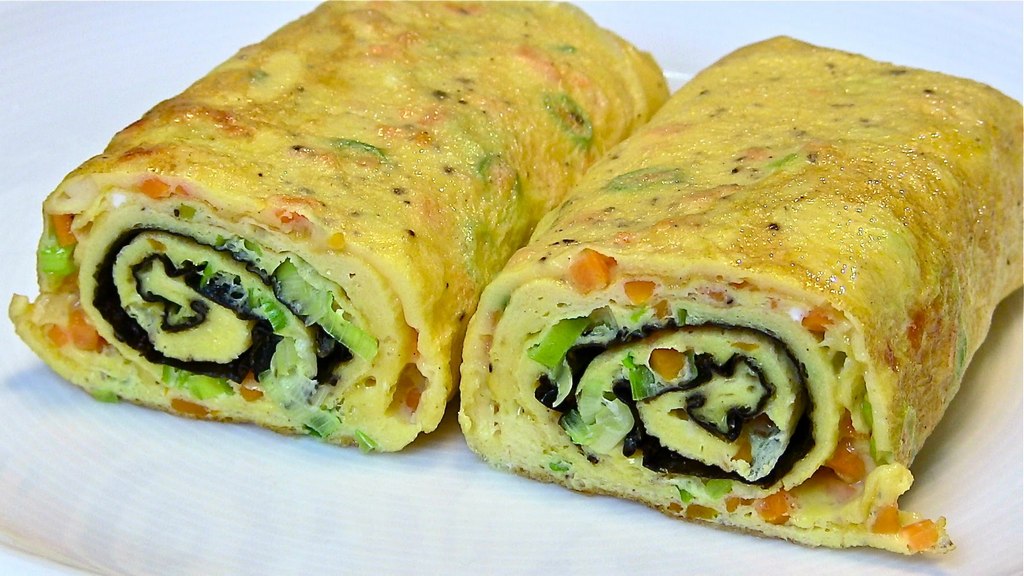
Made by rolling the egg layers into thick pillars, the tamagoyaki is soft and slightly sweet by mirin which is used in the processing.
Although it is not the cuisine of Kyoto, because of its focus on vegetarian cuisine here, you will find many small stores selling tamagoyaki boxes with just a few hundred yen. It is a delicious snack, a perfect snack and ready to eat immediately in anywhere.
Kyozasai: Vegetable in Kyoto
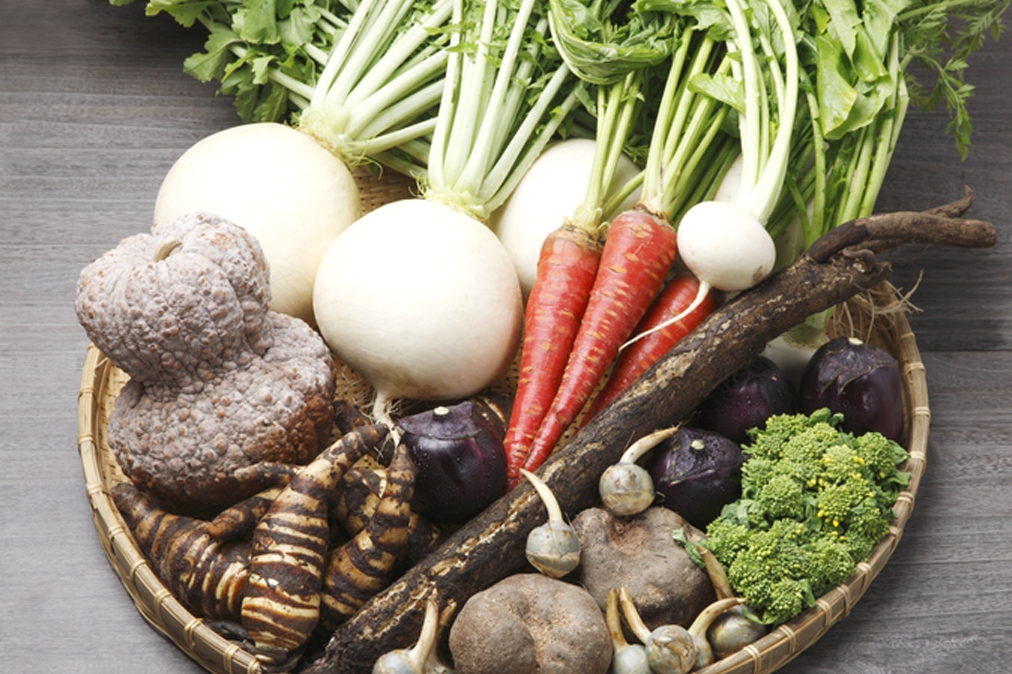
Kyozasai is believed to have more minerals, vitamins, and fiber than regular vegetables. There are about 41 kinds of vegetables considered as traditional vegetables. The unusual shape, bright color, and clear taste, these vegetables are considered cuisines and are often used in vegetarian dishes here. They were grown from Edo, they are evaluated and there are differences with what you knew before. For example, the Kamo eggplant is dark purple and circle shape, especially delicious when they are baked. Kyoto’s Takenoko is sweet bamboo shoots on farms; while they are still fresh you can dip it in miso sauce and eat without cooking.
Wagashi: Japanese sweets
As part of the tea party, wagashi is a Japanese sweet and decorated to represent seasons or natural elements. They are often combined with mochi and anko (sweet red beans), wagashi is usually made from plant material and is meticulously crafted.
Kyoto is considered to be the heart of Japanese tea ceremony, there is no better place to enjoy wagashi – and at Nishiki Market, you can try individual items or buy some collections to bring home.
Dried fish
Surely you will see a large number of dried fish and spoon next to them; this is one of the best foods sold in Nishiki market and also the most beautiful. Although they are a familiar flavor, you can fish for junk food or use it for broth or topping.
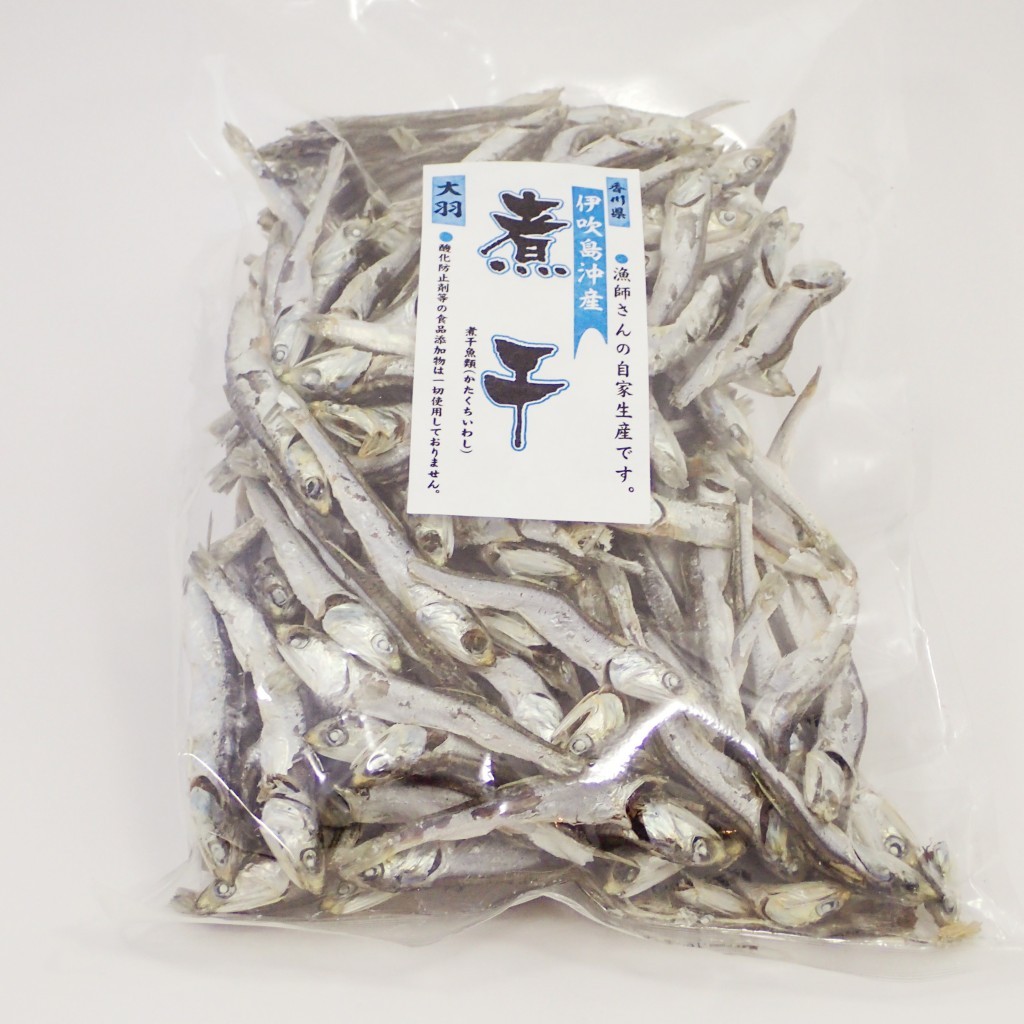
Two things you should look for:
Niboshi: Dried sardines. They can be eaten as junk food and topping, or used for soup – they are the most common ingredient for dashi. You can see them throughout the New Year because they will be present in osechi ryori: cooked with soy sauce and sugar to make tazukuri, a symbol of bumper crops.
Sakura ebi: Small and pink dried shrimp. This little creature is named as the cherry blossoms that are very popular in Japan. They are sweet, the taste of the sea is not like fresh shrimp, they are used in many different dishes.
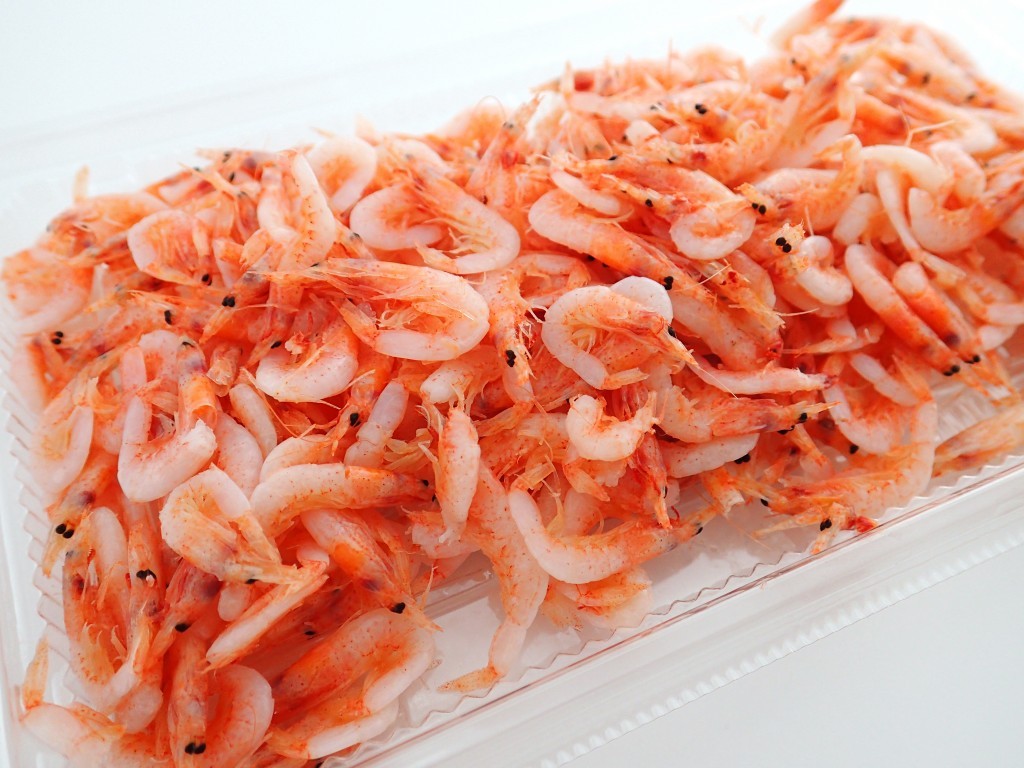
Furikake:
Sprinkle a little furikake on a bowl of rice and you will have a good meal. Made from a mixture of dried seaweed, sugar, salt, sesame seeds, dried fish, dried miso and dried fish scraps among a variety of options, a bag of furikake is a great gift to bring home.
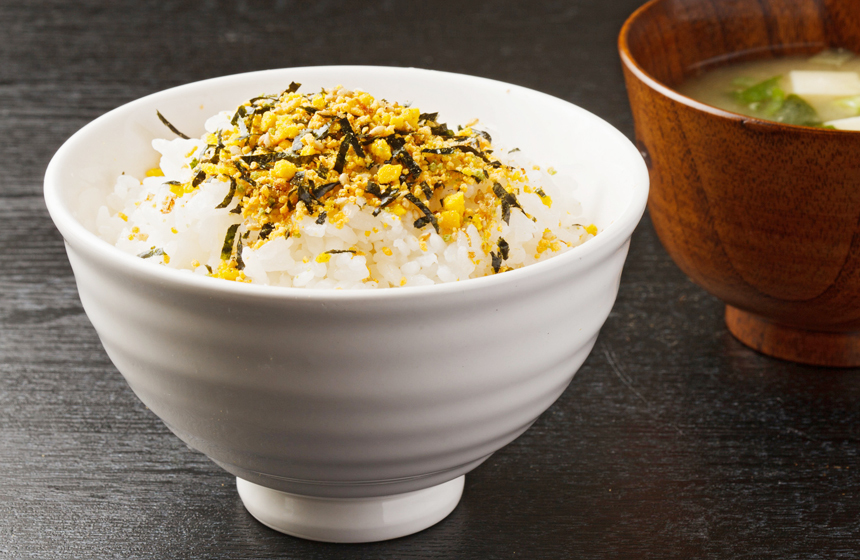
There are many sellers here, and everyone allows you to try, so you taste it if you’re not used to trying this taste. Bags are usually decorated quite nice and flat so do not take up many times! They are also a great option if your expenses are not much for meals in the future.
Aritsugu knife
Aritsugu is one of the best Japan’s suppliers about knives, with a history dating back to 1560. Founded by Fujiwara Aritsugu, this shop has been passed down for generations and is in a 18th generation now.
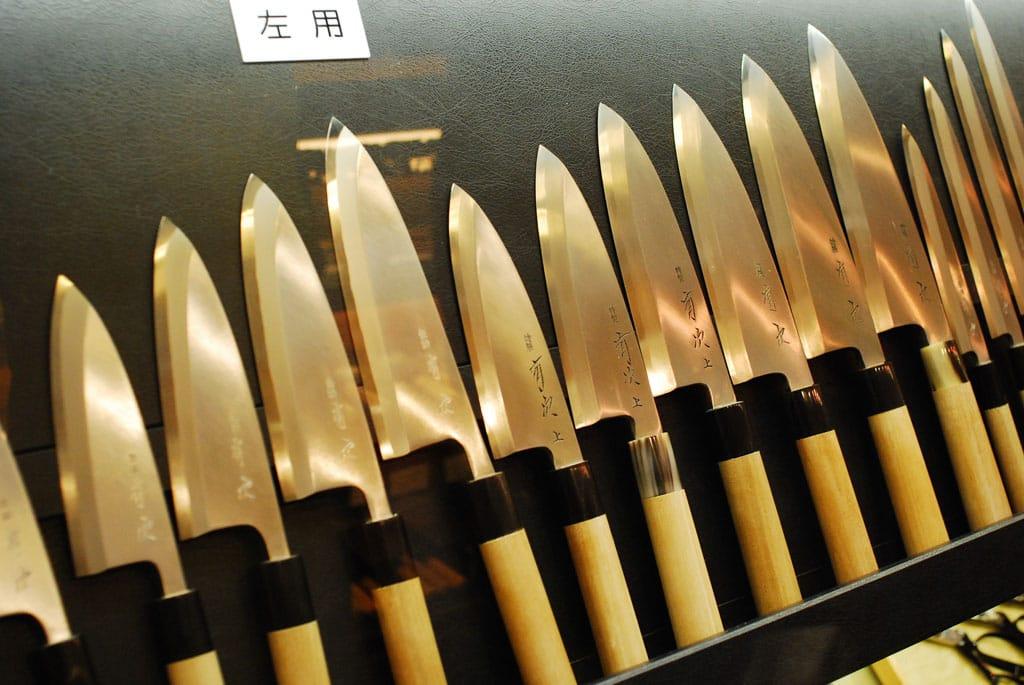
Initially, they were blacksmiths for the royal family, but the decline in the demand for swords led the clans to use their techniques fore kitchen knives – and now, they produce the best knives in the country. Although they are not cheap, if you want to have a special dish, this is probably a good place for you. With special knives and common samples, you can choose a knife and carve your name on it if you want. If you take great care, this knife can last for generations.
Nishiki Tenmag Temple
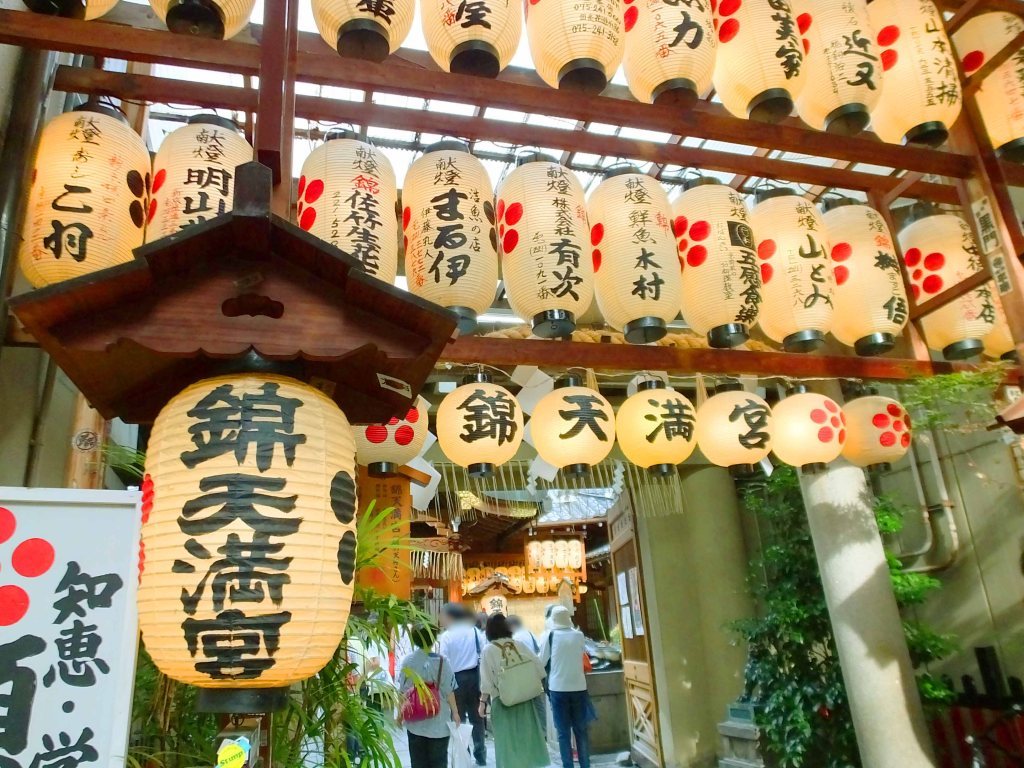
When you leave the Nishiki market, you will see a lantern wall used to decorate the temple Tenmangu. The temple was built about 1000 years ago and was separated from the Kanki -ji temple during the Meiji Restoration.
This is a famous place to pray for good luck in learning because there are a learning god reigns in the main temple. The water here is believed to be of very high quality and another reason to come here. Look at the small plum amulets on the tree, you can buy them for 5 dollars. You can write your wish, put it in the amulet, and hang it on the tree.
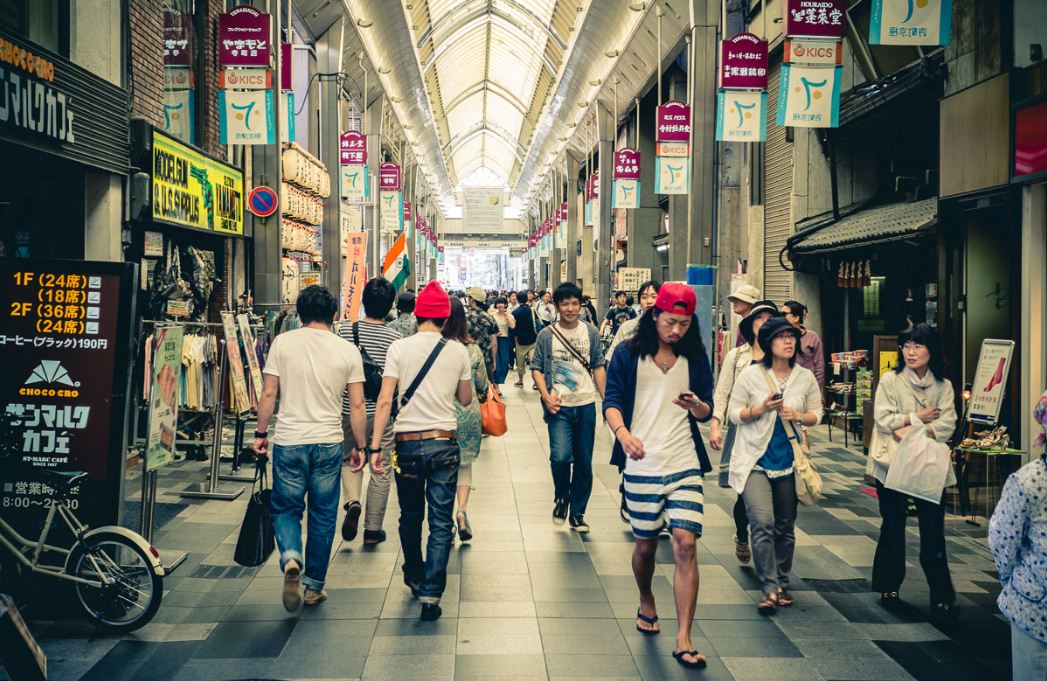
Further information
Name: 錦市場
Address: 609 Nishidaimonji-cho, Shijo-Noboru, Tomikoji Tori, Nakagyo-ku, Kyoto
Entrance: Shijo Station
Telephone: 075-211-3882
Opening hours: 9/10am – 6 pm
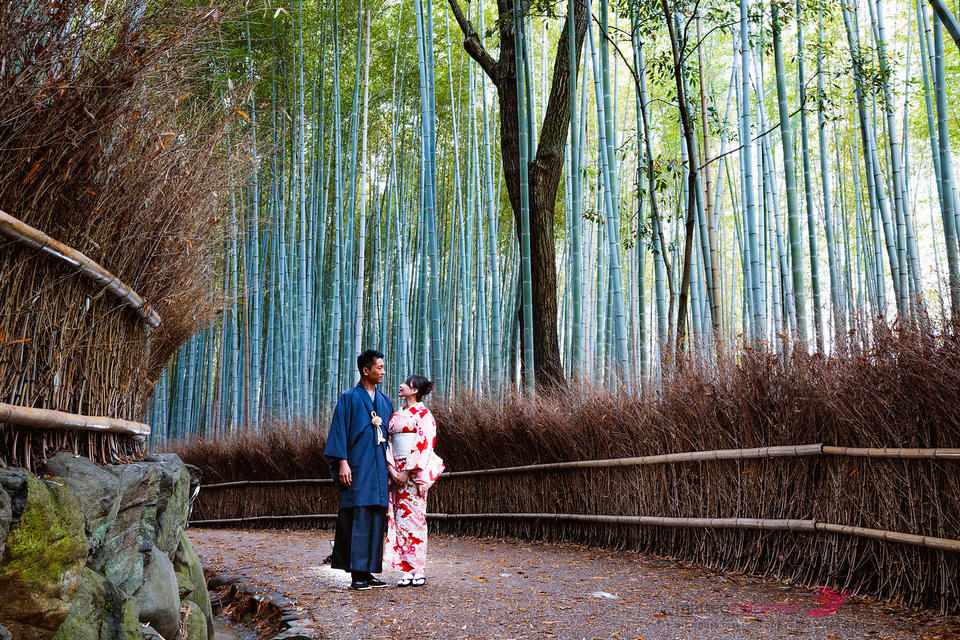
Some best day tours, trips, activities and transfer services, tickets in, to and from Kyoto you can refer to
- Private Kansai International Airport Transfers (KIX) for Kyoto
- Limousine Bus Transfers between Kansai International Airport (KIX) and Osaka or Kyoto
- Shared Night Bus Transfers from Kyoto to Tokyo
- Private Kansai Airport (KIX) Transfers to Osaka, Kyoto, Nara, Uji, Kobe, or Arima
- Kyoto-Osaka Sightseeing Pass (1 Day/2 Days, Kyoto Pick Up)
- Kyoto-Osaka Sightseeing Pass 1 Day/2 Days (Pick up at Osaka)
- Randen + Subway 1 Day Pass
- Kyoto Temples & Shrines Day Tour from Osaka: Fushimi Inari-taisha, Arashiyama, Kiyomizu-dera & More
- Kyoto Perfect Day Tour from Osaka or Kyoto: Kiyomizu-dera, Fushimi Inari-taisha, Arashiyama & More
- Kyoto and Nara Day Tour from Osaka/Kyoto
- Kyoto Afternoon Tour from Osaka
- Hankyu Tourist Pass
- Kyoto and Nara Day Tour from Osaka/Kyoto
- Sagano Romantic Train One-Way Ticket (Saga or Kameoka Departure)
- Kimono Rental and Photoshoot in Kyoto by Ouka Kimono
- Kyoto Sagano Romantic Train Day Tour
- Kyoto Temples & Shrines Day Tour from Kyoto: Fushimi Inari-taisha, Arashiyama, Kiyomizu-dera & More
- Amanohashidate & Miyama One Day Tour from Osaka/Kyoto
- JR Kansai-Hiroshima Area Pass
- Kimono Rental in Kyoto Kiyomizu Temple
- One Day Kimono Rental
- Kyoto Temples & Shrines Day Tour from Osaka
- Kimono and Yukata Rental at Kimono Miyabi Kyoto
- 4G Prepaid Sim Card (JP Airports Pick Up) for Japan
- 4G WiFi (Japan Pick Up) for Japan
- JR Pass for Whole Japan (7, 14, or 21 Days)
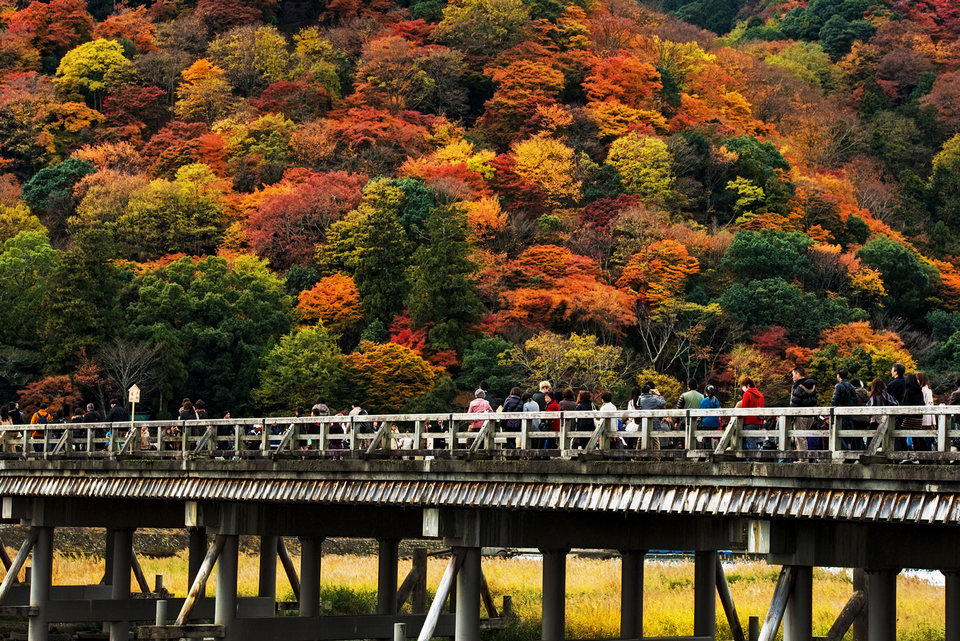
Are you finding more top things to do in Kyoto: Tours, activities, attractions and other things? Let’s check it out at here. And read more: Kyoto blog (Kyoto travel blog) — The fullest Kyoto travel guide blog for a budget trip to Kyoto, Japan for the first-timers. And Kyoto 3 day itinerary — How to visit Kyoto in 3 days & what to do in Kyoto in 3 days perfectly?

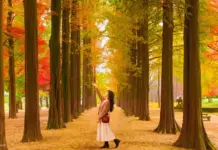



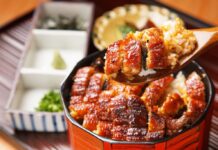
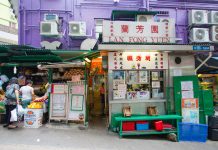
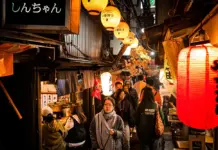
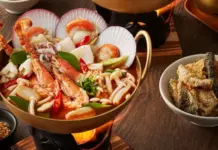



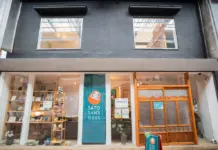






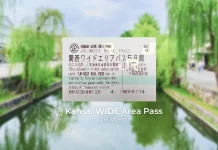


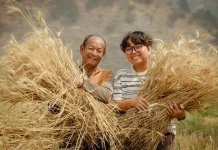
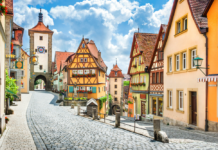



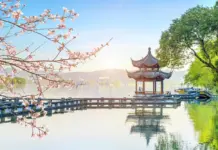


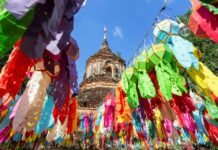

![10 best airports in Asia in 2016 [RANKED] kuala-lumpur-international-airport-best airports in asia in 2016 by skytrax ratings](https://livingnomads.com/wp-content/uploads/2016/08/29/kuala-lumpur-international-airport-best-airports-in-asia-in-2016-by-skytrax-ratings-218x150.jpg)

